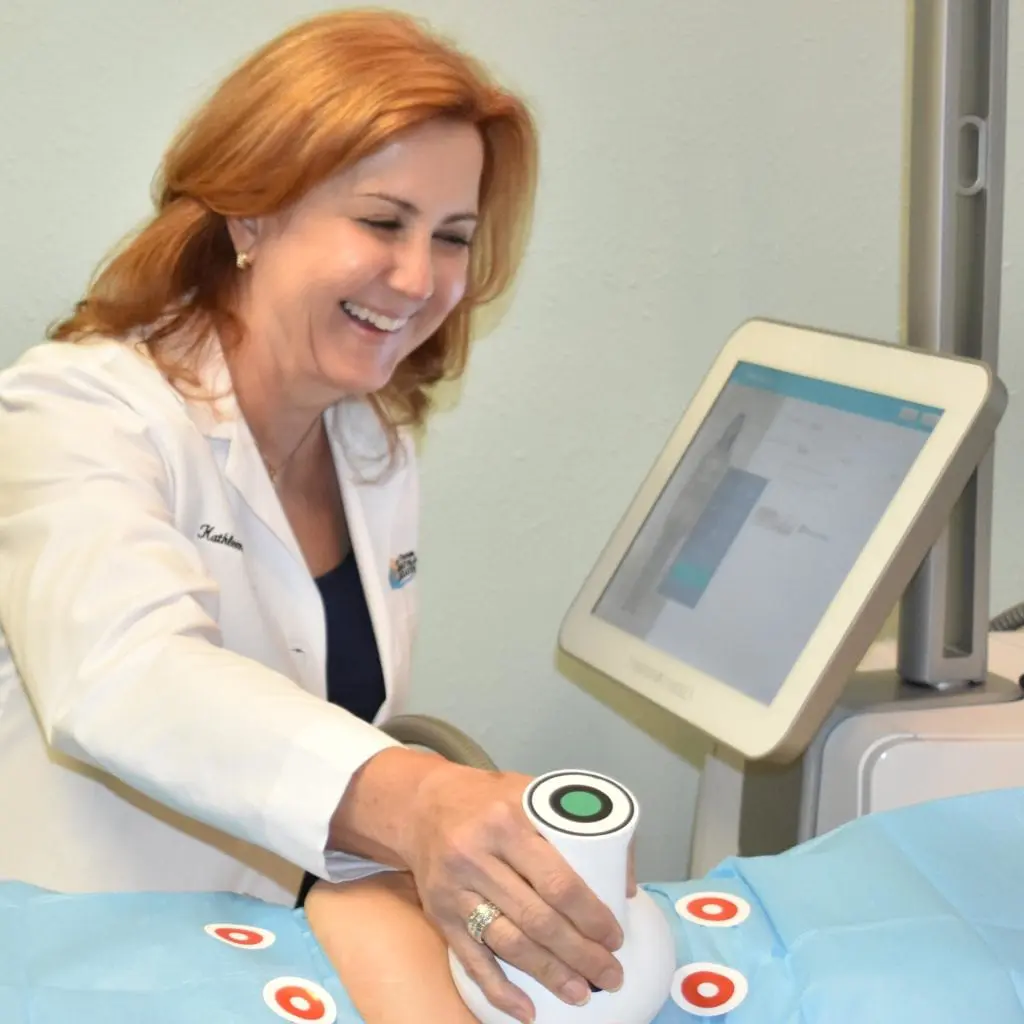MEET THE TEAM
Dr. Judge and the team at Central Florida Dermatology Associates strives to provide the highest quality medical, surgical and cosmetic skin care for you and your family. We believe in developing lifelong relationships with our patients; our primary goal is to provide you with the care and services you can trust as your needs change over the course of your lifetime, and are dedicated to delivering only the highest level of patient care. We offer you the latest treatment options, products, and services in a caring and comfortable environment.
Our dermatologist’s office offers the most current, innovative therapies and treatments for mild to chronic skin conditions. From rashes and blemishes to pre-cancerous moles and melanoma, we have the skills and experience to help improve the health of your skin with the latest technologies. Dr. Judge and the skilled health professionals at our skin care clinic specialize in:
Your Central Florida
Dermatology Associates
Central Florida Dermatology Associates strives to provide only the highest quality dermatologic services in a caring, comfortable environment. Dr. Judge works with a team of highly-trained medical professionals that will guide you through the consultation and treatment process, ensuring that you are fully informed about the benefits, risks and treatment options available with each procedure. Our skin care professionals have spent hours reviewing medical periodicals, attending conferences, and improving their skills under the direction of Dr. Judge. Our team is always striving to provide you with only the best services available. Our team approach makes us stand apart from other Orlando dermatology clinics and medical spas.
Our Location
700 E. Michigan St.
Orlando, FL 32806
Tel: 407.481.2620
Fax: 407.992.7700






